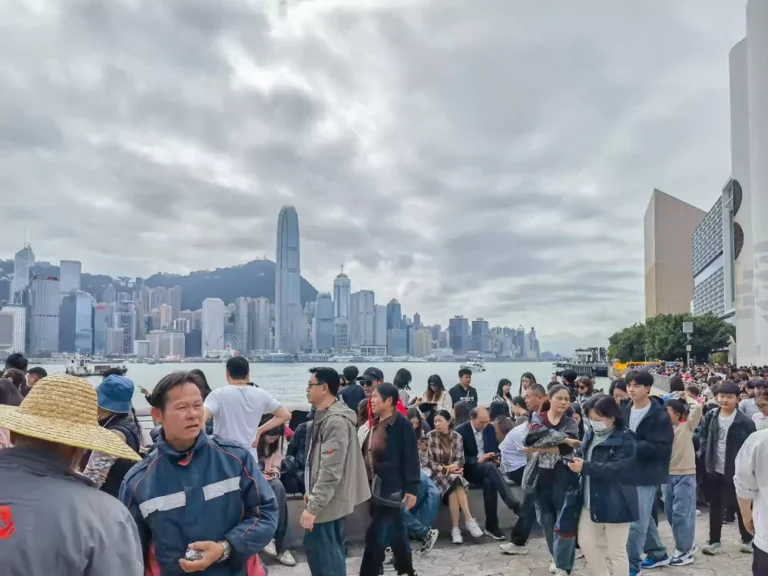Why everyone is moving to Selangor and Johor: Malaysia’s real estate comeback
Malaysia’s residential market is showing signs of recovery following the pandemic, and the upturn in fortunes is especially prevalent in destinations such as Selangor and Johor
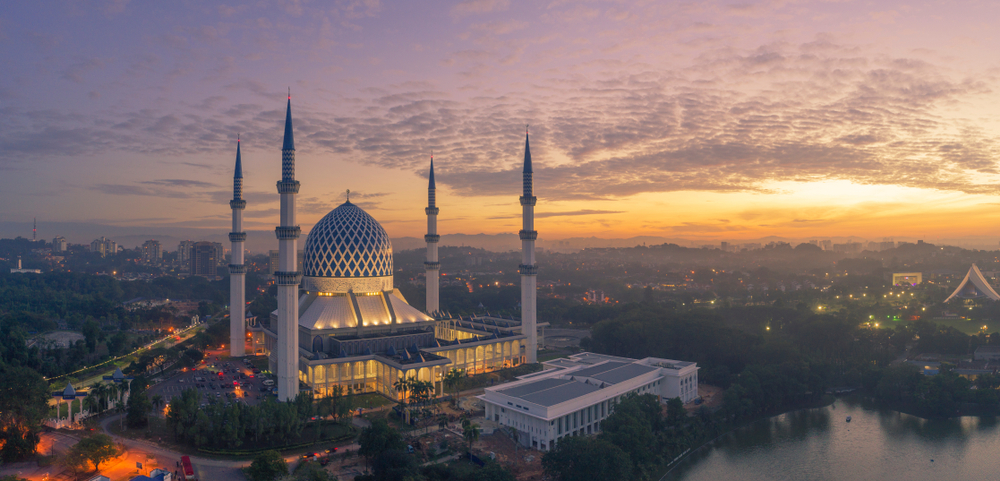
Rarely do outlying areas steal the limelight from the capital when it comes to real estate. But in Malaysia, Selangor is leaving Kuala Lumpur in the shade as it surges ahead with residential demand.
The residential sector as a whole was the best-performing market last year in Malaysia and is shaping up for another good year in 2024.
In 2023, it contributed to nearly 63 percent of total sales, which amounted to 250,586 transactions worth MYR100.93 billion (USD21.3 billion), a year-on-year increase of three and 7.1 percent, respectively, according to Knight Frank’s executive director of research Amy Wong.
Selangor led the market with 22 percent of those transactions and 30% of the value. The state has seen a flurry of new launches of townships in recent years while Kuala Lumpur has not, Wong related.
During the pandemic, many developers were not building new units and they kept selling the existing stocks to meet cashflow demand. As a result, the demand for residential units is starting to increase more than the supply
In Klang Valley, Kwasa Land is developing a 2,260-acre township in Kwasa Damansara with 25,000 homes, 15 schools, and two MRT train stations.
Set among sprawling parks, forests, and shiny tower blocks, the new township will be a beacon of green innovation, says Kwasa Land’s boss Datuk Adenan Md Yusof.
“It will be developed with surrounding green spaces, great connectivity to transportation networks and also designed with the family unit in mind in meeting the lifestyle needs of Malaysians today,” he comments.
In the city of Elmina, Sime Darby is developing a 5,000-acre township near the fast-growing Guthrie Corridor expressway, which runs north-south between Rawang and Shah Alam. Described as a beacon of wellness by the developer, the project consists of 90 kilometres of jogging and cycling tracks and is set among thousands of acres of forest reserve.
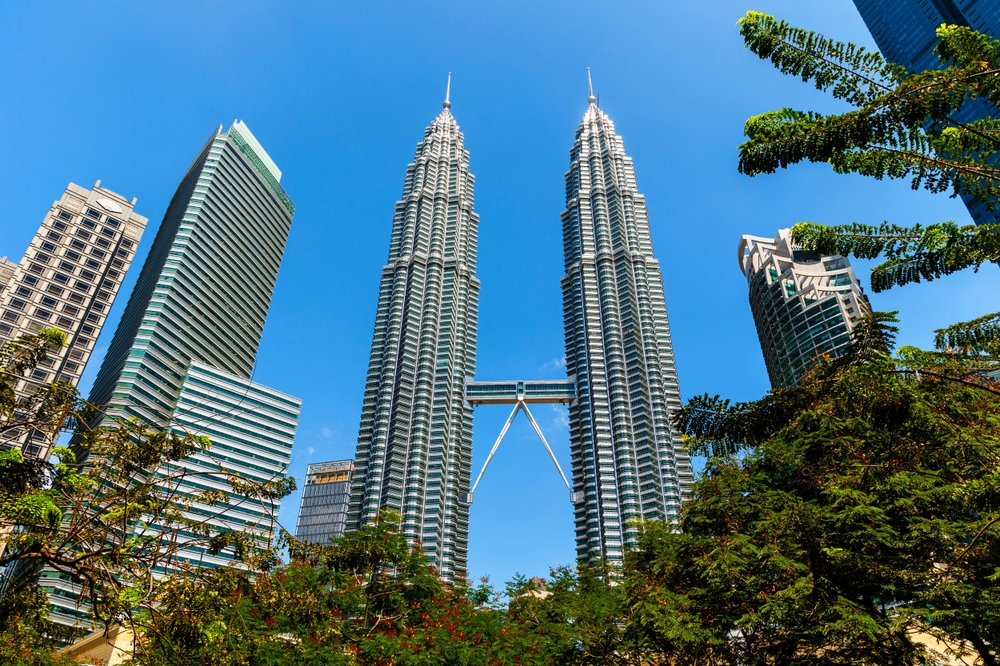
The projects are driving up demand for real estate in the province as investment pours into Selangor, and Malaysia, as a whole, sees parts of its residential market rebound after the pandemic.
“During the pandemic, many developers were not building new units and they kept selling the existing stocks to meet cashflow demand. As a result, the demand for residential units is starting to increase more than supply,” says Ezumi Harzani, former president of the Malaysian Institute of Architects.
In Selangor, the state has seen rapid growth in manufacturing following the implementation of the government’s First Selangor Plan 2021-2025.
The plan, which was devised after the state was among several to be ravaged by flooding in 2021, aims to revive the economy with affordable housing and better access to finance.
In the first half of last year, the state recorded MYR14.75 billion investment in the manufacturing sector, higher than the MYR5.13 billion achieved over the same period last year, according to Knight Frank data.
Wong says that with the plan in place, Selangor “is poised to become a magnet for industrial development, offering a conducive environment for businesses to thrive.”
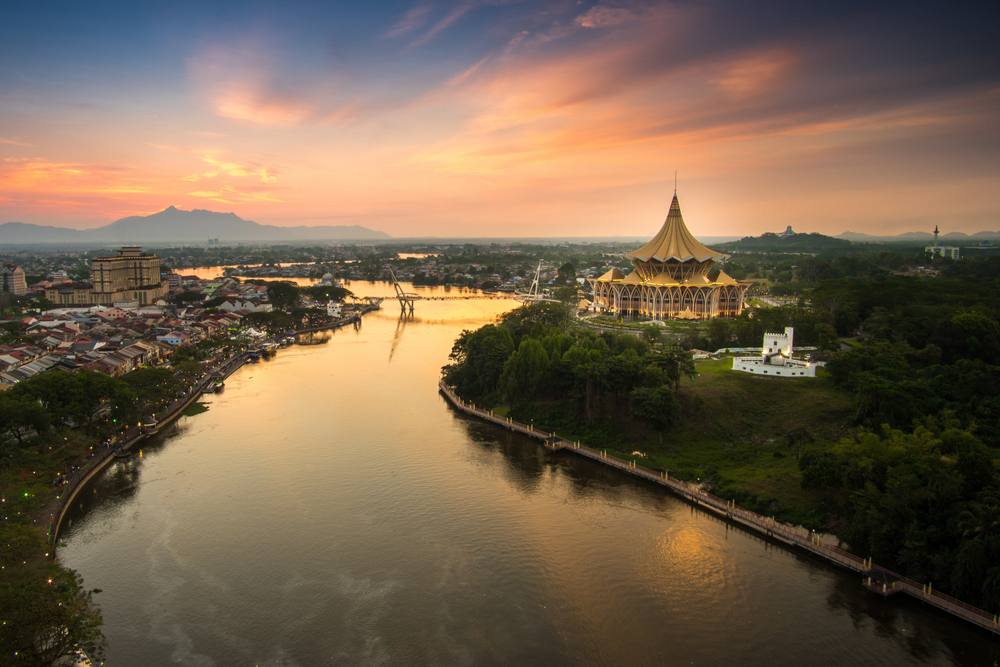
Selangor’s rising star comes as another second-tier state, Johor, also performs well.
Johor was the second-best performing state for residential real estate transactions and value last year, accounting for 16.2 and 18 percent of the total, respectively.
By contrast, Kuala Lumpur performed with slightly more mixed results. Despite some encouraging data towards the end of the year, the city has been battered by high inflation and relatively high borrowing costs.
A total of 9,938 residential units worth MYR8.3 billion were sold in the first three quarters of 2023. Though sales volume rose slightly by 1.2 percent, the sales value was lower by 7.2 percent on the year.
Part of the reason for the disparity between Kuala Lumpur and second-tier cities is also down to their ability to tackle residential overhang and affordability.
In the third quarter of last year, the average house price stood at MYR458,751, according to Mohd Afzanizam Abdul Rashid, chief economist at Bank Muamalat Malaysia Berhad.
Kuala Lumpur’s average house price was a massive MYR770,543. Given a potential homebuyer can only afford to purchase a house costing MYR368,424, Kuala Lumpur remains within the budget of the wealthiest.
“As for Selangor, the average house price is MYR520,456 but affordable housing should be priced at only MYR359,388. The average house price in Sarawak is MYR504,542 but is only affordable if priced at MYR179,208,” he says.
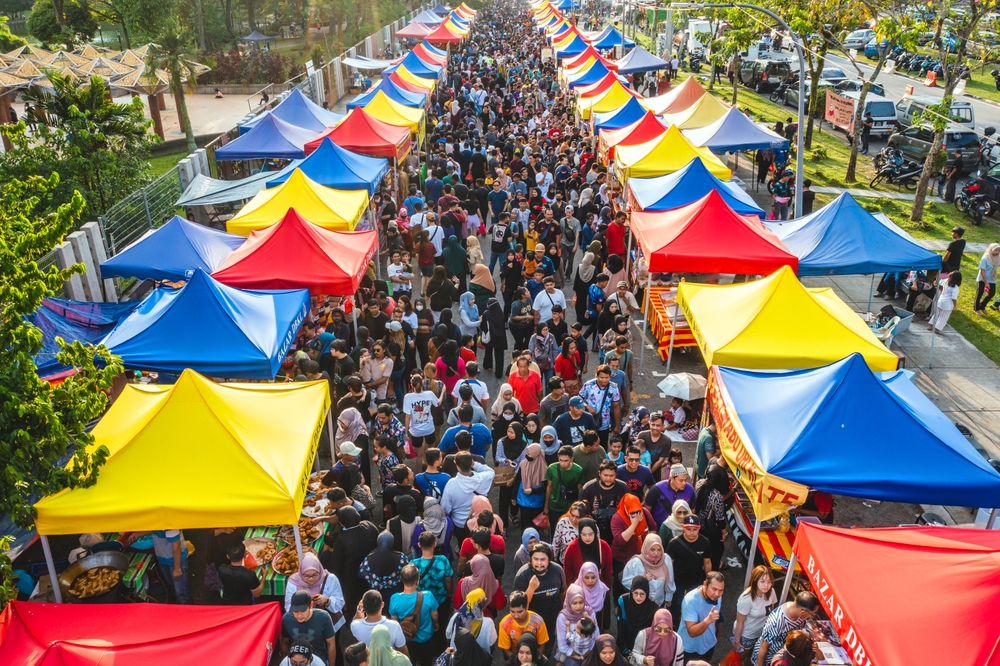
Selangor’s appeal among buyers with smaller wallets is helping to whittle down some of the overhangs that have been in the market for decades.
According to MIDF Research, official data points to Selangor’s house price index rising as a result of resilient demand for property in the state and consequently driving down overhang from 4,500 units in Q3 2023 to 4,228 units in Q4.
“We believe that the continuous decline in the residential overhang is positive for the property sector in Selangor as it eases concern about oversupply in residential properties,” the firm says.
“Overall, we see that the outlook for the property sector in Selangor is stable and positive, supported by the stable house price outlook and easing concern about residential oversupply.”
Going forward, experts believe the rest of the year should be bright, with demand continuing to rise for terraced houses and landed properties, aided by government subsidy schemes to promote home ownership.
“In the upcoming months, we hope to see more property developers put their money back into stratified urban housing and suburban landed residential. However, it may only come with smaller scale in phases until it gains more of their confidence,” says Harzani.
The original version of this article appeared in PropertyGuru Property Report Magazine Issue No. 184 on issuu and Magzter. Write to our editors at [email protected].
Recommended
Exploring the impact of shifting demands on the future of Philippine real estate markets
Developers and investors are adapting to pressures while tapping into numerous advantages to drive the nation’s real estate sector
ARES White Paper Volume 3: The era of adaptive reinvention
Pioneering sustainable and innovative practices in urban development
ARES White Paper Volume 2: Unravelling the power of data revolution in real estate
Insights on proptech, smart cities, and sustainable development
ARES Digital White Paper Volume 1: The fundamentals of responsible building
Green and climate heroes join forces to discuss how Asia Pacific can weather the current environmental crises and the looming effects of climate change





